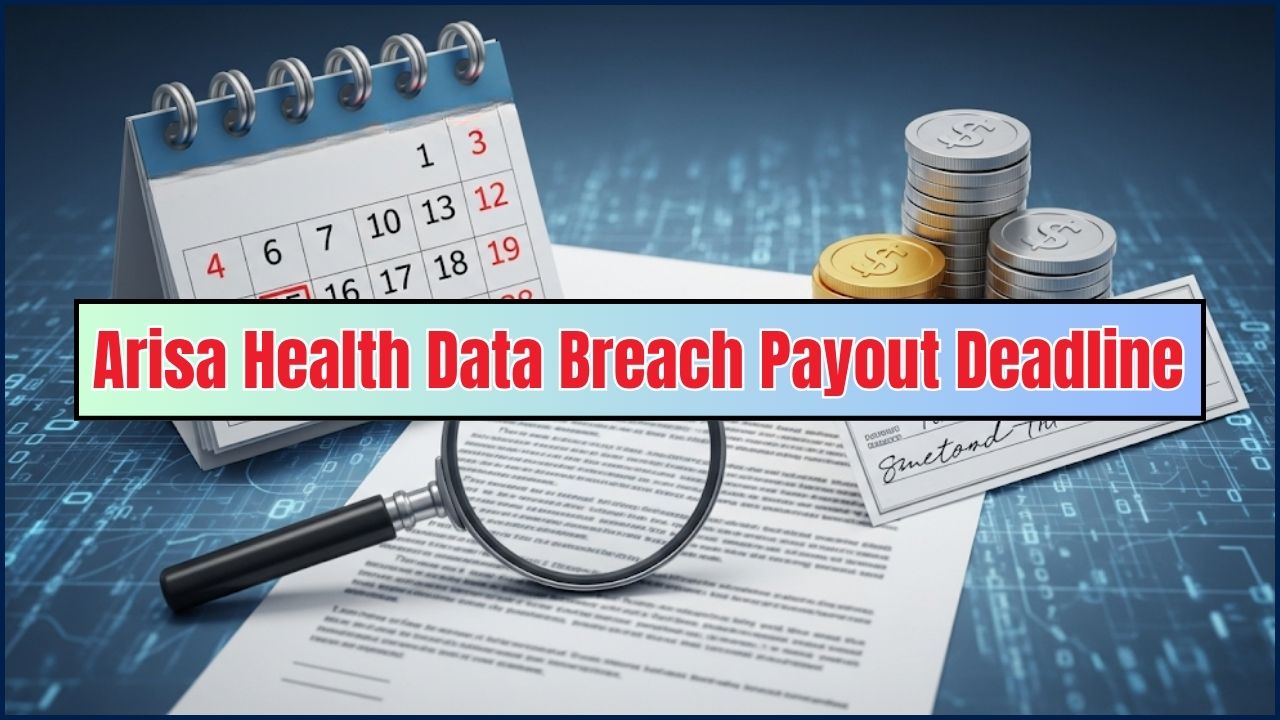If you’ve taken money out of your pension pot recently and got smacked with a hefty tax bill, hold up—you might be due a big refund. In the second quarter of 2025, HMRC refunded a staggering £48.7 million to pensioners across the UK who were overtaxed on pension withdrawals. That’s a whole lotta cheddar being handed back to retirees, with the average refund clocking in at around £3,800 per person.

So what gives? Why is the taxman handing money back like it’s Christmas in July? Let’s break it down in plain English.
HMRC Pays Back £48.7 Million to Pensioners
| Key Info | Details |
|---|---|
| Total Refunded by HMRC (Q2 2025) | £48.7 million |
| Average Refund Per Claim | £3,800 |
| Number of Claims Paid | 12,767 |
| Common Reason | Emergency tax code on lump sum pension withdrawals |
| Forms Needed | P55, P53Z, P50Z |
| Refund Timeframe | Within 30 days (if claimed manually) |
| Can You Still Claim? | Yes, for the last 4 tax years |
Getting taxed too much on your pension withdrawal isn’t just annoying—it’s fixable. With over £48 million refunded just this spring, it’s clear that thousands of folks were in the same boat.
If you’ve dipped into your pension and think the numbers don’t add up, take action. Check your tax code, fill out the right form, and get your money back where it belongs—in your wallet.
What’s Going On: The Emergency Tax Trap
When folks start dipping into their pension pots, especially for the first time, HMRC often applies an “emergency tax code”. That’s a fancy way of saying they assume you’ll keep pulling the same chunk of cash out every month—even if it’s just a one-off.
For example, say you take out £10,000 from your pension in April. HMRC might think you’ll do that every month, and boom—they tax you as if you’re making £120,000 a year. That means you get taxed at a higher rate without taking your full personal allowance into account.
It’s like being charged for a buffet when you only grabbed one plate.
A Bit of Background: What’s the “Emergency Tax Code”?
An emergency tax code often ends in W1, M1, or X, and it basically tells HMRC to treat your income as if it’s going to continue at that rate each week or month. That messes with your personal allowance and can result in massive overpayments. It’s a one-size-fits-all solution in a world where everyone’s pension journey is different.
How to Tell If You’re Affected
Here’s the deal: if any of the following sound familiar, you should double-check your tax situation:
- You took a lump sum from your defined-contribution pension (personal, workplace, or SIPP)
- It was your first withdrawal of the tax year
- You got taxed like crazy and it didn’t feel right
- Your payslip or pension statement shows a code like W1, M1, or X
If you’re nodding along, odds are you overpaid. The good news? You can claim it back.
Step-by-Step Guide to Claiming Your Tax Refund
Step 1: Log into Your Personal Tax Account
Head over to GOV.UK and log into your Personal Tax Account using your Government Gateway ID.
- Check your tax code
- Look for “Month 1” or “Week 1” codes
- Review how much was taxed versus what you actually withdrew
Step 2: Choose the Right Form
Depending on your situation, you’ll need to fill out one of these forms:
| Form | Use If… |
| P55 | You only took part of your pension pot and still have funds left |
| P53Z | You emptied your pot and still get income (wages, benefits, etc.) |
| P50Z | You emptied your pot and have no other income |
Step 3: Submit and Chill
Once submitted, most refunds land in your bank within 30 days. That’s quicker than most pizza deliveries in rural towns!
Why This Happens in the First Place
Here’s the kicker: HMRC’s systems are built to play it safe. When they don’t have your full income info (which they won’t at the start of a tax year), they slap on a temporary code. It’s not malicious—just outdated.
Think of it like when you order from a new restaurant—they might overcook it the first time, but once they know your order, it gets better. Same deal here. After the first withdrawal, HMRC usually fixes the code for future payouts.
But unless you manually claim a refund, you could be waiting until the end of the tax year to get your money back—and who wants to wait that long?
Real-Life Example: Meet Carol
Carol, 62, took out £15,000 from her workplace pension in April 2025. She was hit with a tax bill of over £4,000. Ouch.
She went online, filled out a P55 form, and got back £2,800 in just three weeks. She used the cash to help her grandson with college tuition.
Pro Tips to Avoid Future Tax Shocks
Take a Small Withdrawal First
Grab a small amount (£100–£200) to trigger the correct tax code. Then make the big withdrawal. That way, HMRC has the right info from the jump.
Talk to a Financial Advisor
Pension withdrawals affect your income, tax bracket, and even benefits. An advisor can help you dodge pitfalls and maximize your nest egg.
Keep Records
Download and save copies of all withdrawal statements, tax summaries, and refund forms. You’ll thank yourself later.
Use HMRC’s Tax Calculator
You can estimate your tax liability using HMRC’s Income Tax Calculator. Plug in your pension withdrawal to see how much tax you should pay.
Emergency Tax vs. Correct Tax Code
Let’s break down the difference between how emergency tax codes work and what happens with a correct tax code when you access your pension.
| Feature | Emergency Tax Code (Often initial situation) | Correct Tax Code (After adjustments/review) |
| Assumption | Assumes first withdrawal is a regular, ongoing income. | Reflects your actual expected income for the tax year. |
| Tax Rate | Can apply a higher, ‘month 1’ tax rate, leading to overpayment. | Applies the appropriate tax rate based on your personal allowance and income. |
| Refund Needed? | Very likely, as tax is often over-deducted. | Unlikely, as the correct amount of tax should be deducted upfront. |
| Effort Required | You generally need to reclaim the overpaid tax. | Less effort needed, as tax is typically correct from the start. |
Beyond Refunds: Other Things to Watch
Watch Out for Benefit Cliffs
Taking a lump sum might make you ineligible for certain benefits, like Council Tax Support or Universal Credit, even temporarily. Be aware of the income spike.
Consider Phasing Withdrawals
Rather than yanking out a large lump sum, consider taking phased withdrawals to keep you in a lower tax bracket and avoid unnecessary penalties.
Future Rule Changes
Tax rules around pensions are under constant review. Subscribe to financial newsletters or check MoneyHelper to stay informed.
FAQs
Can I still get a refund from past years?
Yup. HMRC lets you claim refunds going back four tax years. So in 2025, you can still claim for anything from 2021/22 onward.
What if I don’t do anything?
HMRC might refund you at the end of the tax year, but that could take months. Filing a form gets your money way faster.
Is this only for lump sums?
Mostly, yes. Emergency tax usually hits when you take an unusually large one-time amount from your pension.
Does this affect my state pension or benefits?
Possibly. Taking large pension withdrawals could bump you into a higher income bracket, affecting means-tested benefits. Always check with an advisor.
Can I do this without an accountant?
Absolutely. HMRC forms are designed to be self-service. But if you’re unsure, a financial advisor or tax pro can help.












